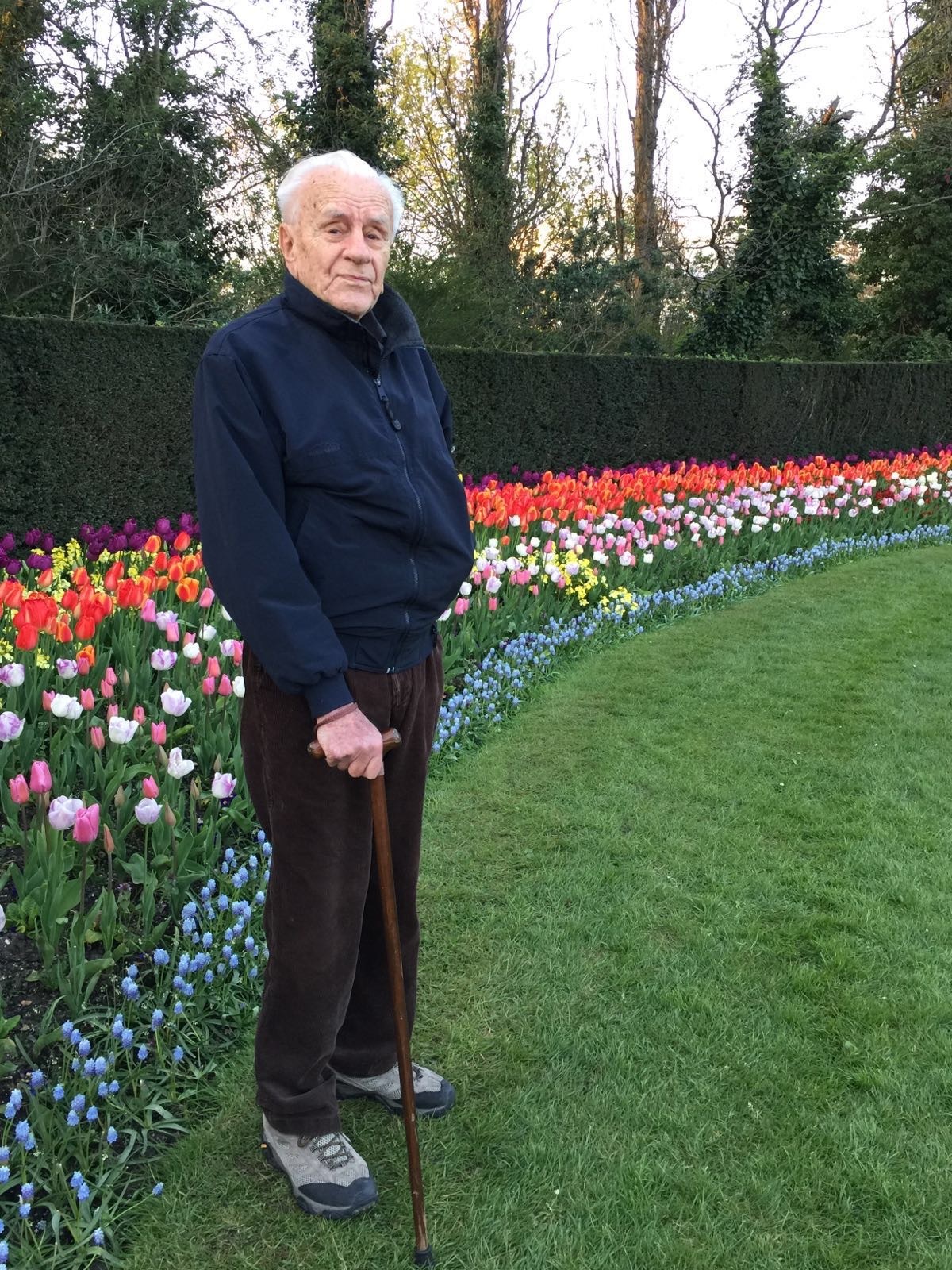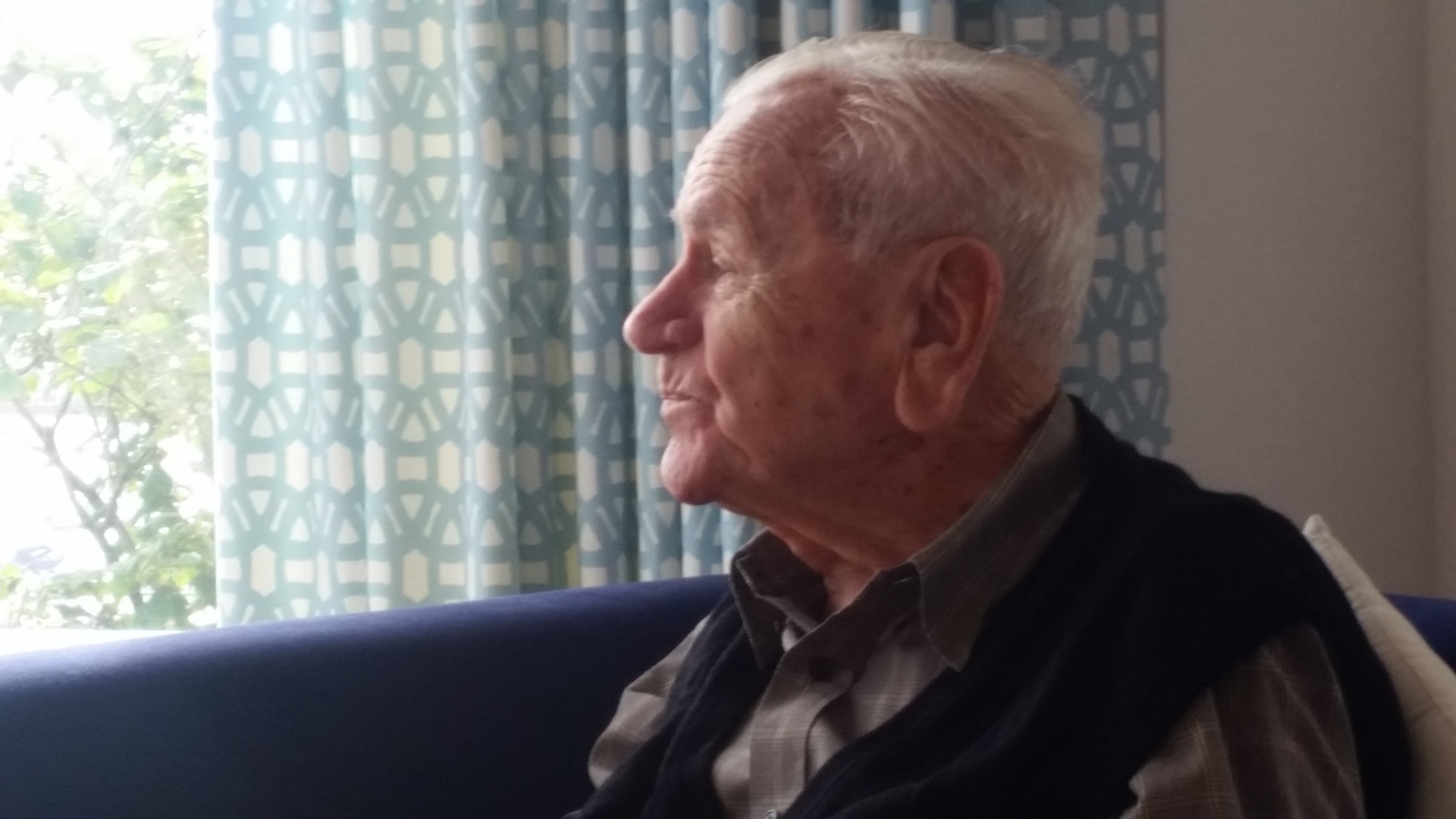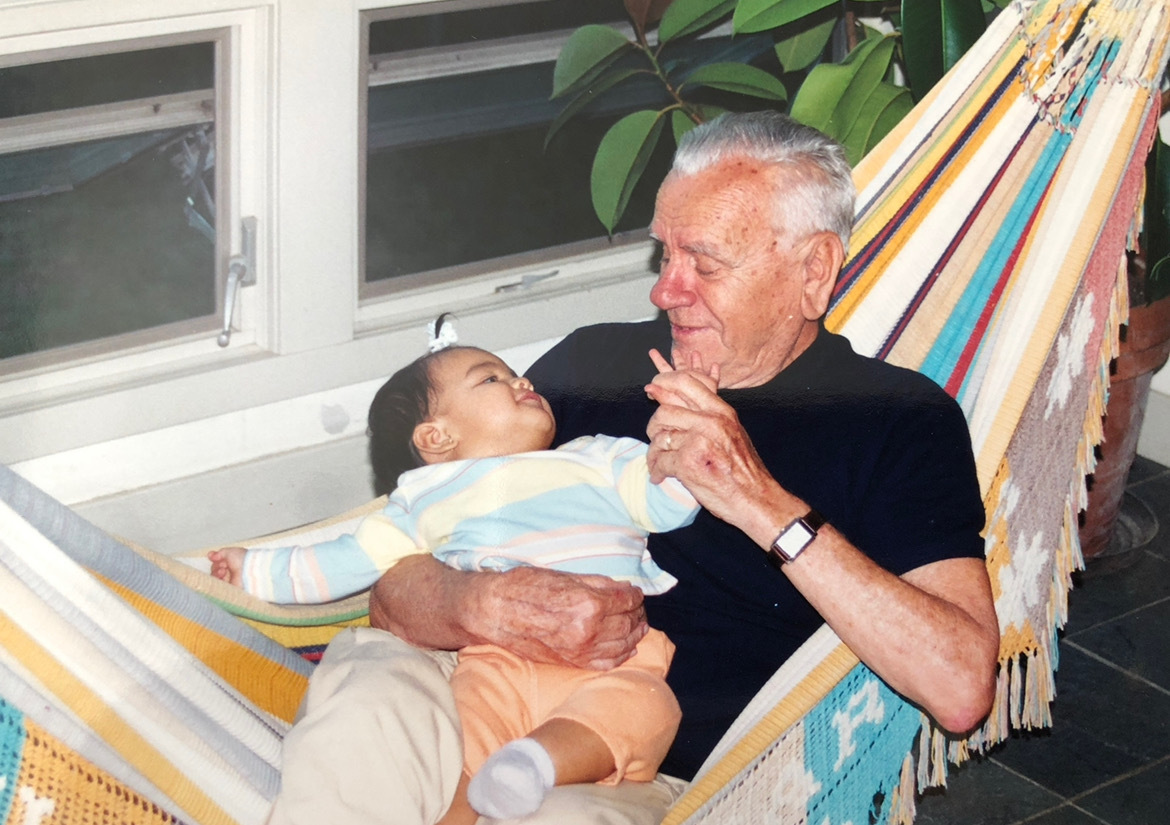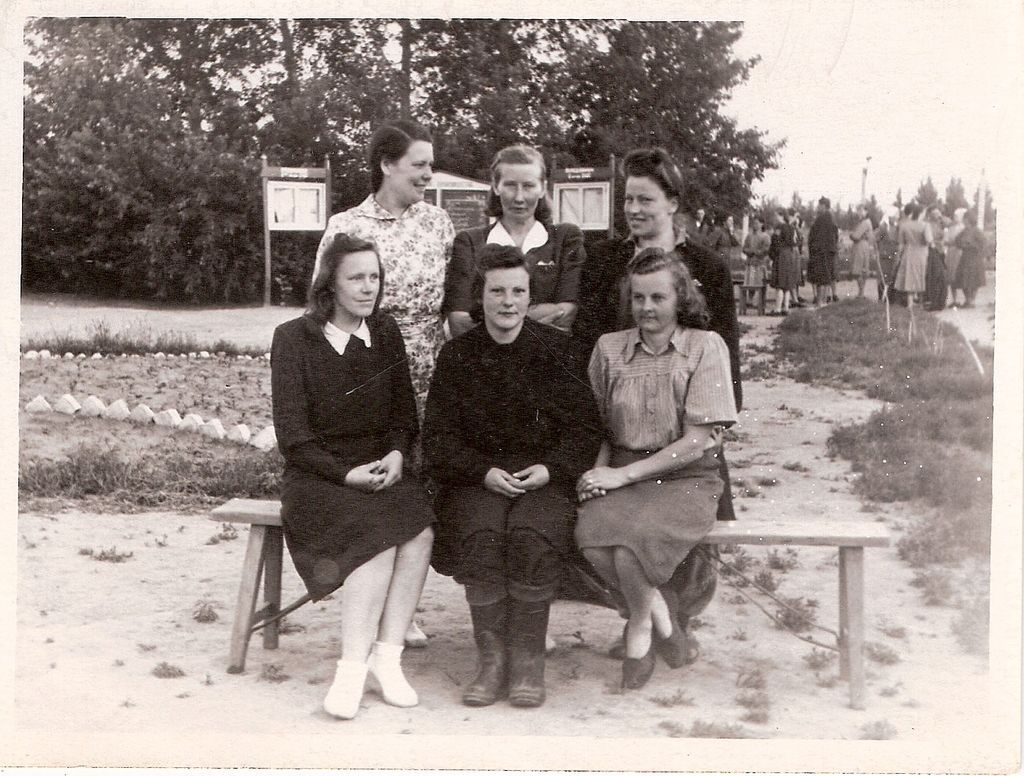From the Eyes of Latvians
This section gives first-hand artifacts and anecdotes from Latvian individuals who lived during World War II. It is up to the user to browse through digitized books, songs, and images to derive conclusions about the realities of Latvian citizens and soldiers during World War II.
"My Story"
Peter Roze Aivars' autobiography written in the early 2000s and published in 2004 recounts Aivars' first-hand experience as a recruited Latvian civilian during World War II. In his introduction, it is made clear that Peter endured many rounds of editing, research, and verbal communication in order to present a valuable, accurate autobiography. From reading textbooks, finding dates and statistics, to speaking to individuals who were present alongside himself, Peter offers a historically personal story about being Latvian in World War II. However, it is not to be assumed that his experience is synonymous with all Latvians across the time period. His privilege of learning multiple languages, being selected to go to University, and being an agile, able-bodied man allowed for his story to be critically unique. Yet, it is imperative to conflate his narrative to others in order to paint a holistic picture of the realities of Latvian civilians during World War II.
To preface, Aivars and his family resided in Riga as Communism swept across Latvia and Soviet reign redefined the realities of the country. Aivars exclaims, "My mother, as always rebellious, never stopped cursing the Communists... It was a miracle that mother did not get arrested. If anybody could be a real enemy of the Soviet State, she certainly would be on top of the list," (19). Neither Peter nor his parents were publically affiliated with any political party or were a well-known family by any means. Their lives were under the radar, maintaining a normal family dynamic with a lower-middle-class status. His father, Bernhands Roze, was a railroad employee who enjoyed weekly family sauna visits and never punished his children. Peter's mother, Constanza Snesko, stayed at home with Peter and his younger brother Janchi.
As a young adult, Peter took up the opportunity to be selected by the local Communist authority to go to university. He believed that a chance at a higher education may not be presented again. However, with the first signs of war, students at the university were told to evacuate and march under the direction of a Red Army officer. Peter was caught between two possible paths: "Should I slip away and hide somewhere to wait for the Germans to arrive, or to with the column?" His dilemma comes from the fact that "people did not know what the Germans were like, and secondly, anybody fighting Communism was god-sent. People expected the Germans would bring them freedom," (19). Peter, a young college student, merely sought peace and freedom away from the grip of the Soviet Union.
Throughout his novel, he recounts many individuals his age who experience the same motives, while some face ultimately alternative fates. Peter experienced multiple different captures from both the German and Soviet forces and escaped by conveying himself as a malleable individual. Even though he faced myriad brushes with death, Peter utilized his knowledge of German, Latvian, and Russian to be reflexive in the face of imprisonment or interrogation. Below, the gallery presents different anecdotes of Peter's journey throughout Latvia, Russia, and Germany as he fights to achieve freedom away from the grasp of war and imprisonment.
A Latvian, From the Eyes of the Soviet Union
"Around the Soviet Union 1965 No. 12" from the Socialism on Film organization offers a unique documentary that contrasts with the story of Peter Aivars Roze. A Latvian doctor, captured by Nazis German forces, utilized the Soviet Army in order to return back home. Highlighting the power dynamics between Latvia and other countries, this film supplements the fact that Latvian civilians were at the hands of more powerful nations.
Users need SCU login information in order to access.
Roberts Pūrinš
In his journey throughout the Second World War, Pūrinš joined the national resistance movement against the Soviet Union. After being caught and arrested, Pūrinš endured solitary confinement for almost a year. Only when the Soviet and Nazi war began was Pūrinš released from concentration camps. In an interview with Gulag Online, a virtual museum covering the victims of Soviet control and repression, Pūrinš retells his experience in the concentration camps as a prisoner of war.
Dzidra Meldere
It is imperative to share Meldere's story, as Latvian women's realities during World War II are often overshadowed and undocumented. Meldere bore witness to the mass deportation of her home region in Latvia. Avoiding both the Nazi military forces and the Soviet Army deportations, Meldere and her husband utilized the National partisan movement during World War II. However, after Meldere's husband was killed and she was imprisoned, Meldere describes the conditions of her capture and the guards who interrogated her. Meldere gave birth to her second child in a gulag.
Memorializing Latvians During World War II
This section aims to highlight a few examples of present-day initiatives to preserve and remember the realities of Latvians during World War II. Discussions on shared versus public memory explore the nuances of how World War II affected the lives of Latvian civilians, soldiers, and the country as a shared community.
"Memory Wars in Latvia" by Gordan F. Sander explores the controversies over monuments in Latvia that propel Soviet-era occupation and act as a pedestal for Stalin's motives and expansionism during World War II. In addition, Sander conflates the outcomes of Soviet control with the recent Russian invasion of Ukraine. It's important to analyze and discuss the results and symbolism of monuments that do not reflect national shared memory or experiences.
"Recovering WWI and WWII soldiers in Latvia with Legenda Military Archeology" podcast comes from a non-profit organization that works toward recovering the stories and identities of World War II soldiers.



